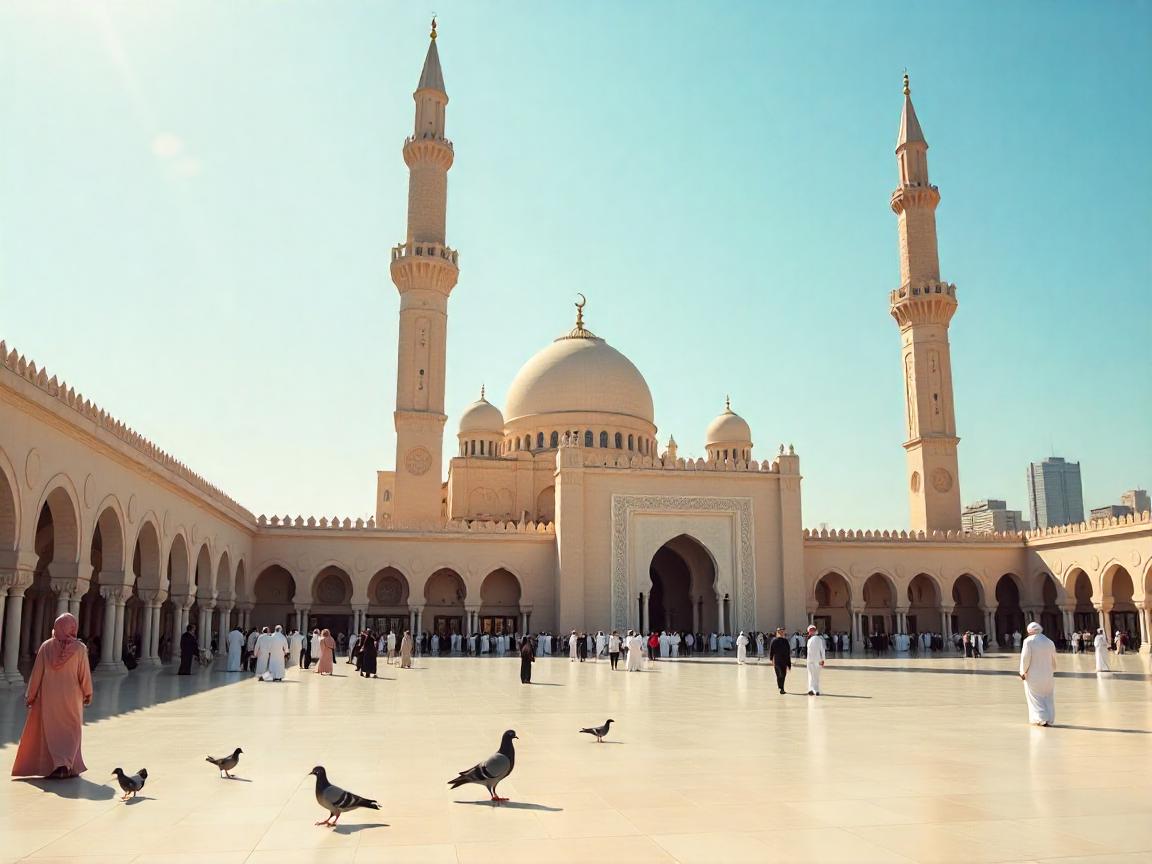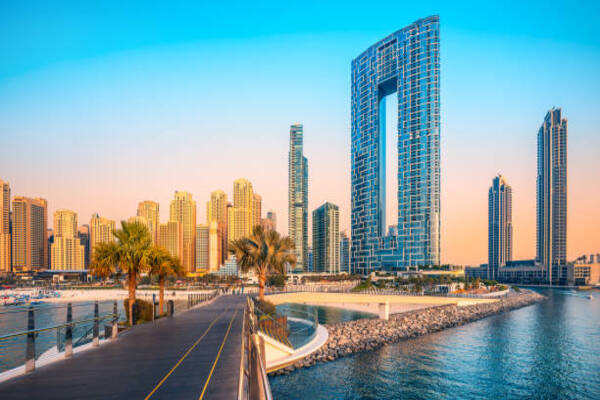≡-Afghanistan Seeks to Transform Itself into a Cultural and Adventure Tourism Hub Despite Ongoing Instability, Limited Freedoms for Women, and Widespread Concerns Over Traveler Safety – Viral of Today
<> Viral of Today <>
Home » TOURISM NEWS » Afghanistan Seeks to Transform Itself into a Cultural and Adventure Tourism Hub Despite Ongoing Instability, Limited Freedoms for Women, and Widespread Concerns Over Traveler Safety Sunday, July 6, 2025Afghanistan is making a bold attempt to rebuild its tourism industry under Taliban governance by issuing visas to foreign travelers and promoting the country’s rich cultural heritage and rugged landscapes. With a focus on reviving the national economy and improving international engagement, the Taliban-led administration is welcoming both individual explorers and organized tour groups. However, this effort comes at a time when the global community continues to express deep concern over the country’s deteriorating human rights record—especially regarding women—and the persistent threats posed by terrorism and political instability. While adventurous travelers remain drawn to Afghanistan’s untouched beauty and historical significance, the reality of limited freedoms and high security risks creates a complex and controversial environment for tourism to grow.Afghanistan’s Growing Tourism Sector Faces Complex Realities Amid Taliban GovernanceAs Afghanistan enters a new chapter under Taliban rule, the nation’s tourism industry is witnessing a surprising surge of interest. Since late 2021, travelers from around the world have begun to explore opportunities to visit a country long known for its rugged natural beauty and rich cultural heritage. Despite widespread concerns regarding safety and human rights, especially those related to women, Afghanistan is tentatively reopening its doors to international visitors, driven by a renewed push to promote tourism.A New Phase of Tourism EmergesThe Taliban, now the de facto government in Afghanistan, has publicly expressed interest in reviving the country’s tourism sector. In a notable shift from their past governance, the group has begun issuing tourist visas to foreigners. This move signals an effort to normalize Afghanistan’s international image and generate foreign revenue through cultural and adventure tourism. The country’s iconic landscapes—from the snow-capped Hindu Kush mountains to the ancient ruins of Bamiyan—are once again gaining attention on global travel forums.The growing interest is not limited to solo backpackers. Organized tour groups and specialty travel agencies are beginning to offer curated experiences, targeting adventurous travelers eager to explore untouched regions of Central Asia. Many of these tours highlight historical sites, local traditions, and Afghanistan’s stunning geography, promising an “off-the-beaten-path” experience that few destinations can still offer.Security Concerns Still Loom LargeDespite these developments, Afghanistan remains a high-risk destination. Security continues to be a pressing concern for potential tourists. The risk of terrorist activity, especially in regions outside of Kabul, remains elevated. A series of recent attacks, including deadly incidents in Bamiyan, has raised alarms about the ability of the Taliban to maintain order and ensure safety for international visitors.Although the Taliban have pledged to secure tourist zones and promote safe travel, skepticism persists. Most Western governments still issue strong travel advisories against visiting Afghanistan due to the possibility of violence, political instability, and limited consular support on the ground.Tour operators must navigate a difficult landscape, balancing the allure of unexplored destinations with real risks. Travelers who choose to visit Afghanistan are often advised to exercise extreme caution, maintain a low profile, and stay updated on regional security developments.Women’s Rights and Ethical DilemmasEqually complex are the moral and ethical questions surrounding travel to Afghanistan under Taliban governance. Restrictions on women’s rights have drawn international condemnation and are seen as a major hurdle in promoting the country as a global travel destination.Women in Afghanistan currently face limitations on education, employment, and mobility. These constraints have not only sparked global outrage but have also raised ethical questions for travelers: Should tourism be encouraged in a nation where basic freedoms are suppressed?Many female travelers report facing cultural and regulatory barriers when visiting the country. While some tour operators claim they can facilitate relatively smooth visits for women, the overall atmosphere remains restrictive and heavily monitored. For travel companies and international tourists alike, navigating these ethical concerns requires careful deliberation and sensitivity.Diplomatic Shifts and Emerging DialogueInterestingly, countries like Russia and China have shown a willingness to re-engage with the Taliban, suggesting the potential for wider international recognition in the future. Both nations have hinted at lifting bans on dealings with the Taliban, a move that could open up diplomatic pathways and potentially lead to greater investment and infrastructure development—including in tourism.If such diplomatic thawing continues, it could encourage more countries to ease travel restrictions and increase airline connectivity, making Afghanistan more accessible to the global traveler. Already, a few airlines operate limited services to Kabul, primarily from neighboring countries, facilitating a small but steady trickle of arrivals.A Complex Yet Alluring DestinationDespite the challenges, Afghanistan remains an appealing destination for a certain segment of the global travel market. For those with a passion for history, anthropology, or extreme travel, the country offers rare access to ancient Silk Road sites, unspoiled nature, and traditional ways of life.The Taliban’s overtures to the international tourism community are part of a broader strategy to boost the country’s struggling economy. Afghanistan’s government has also expressed interest in partnering with foreign tour operators and agencies, welcoming cooperation in developing sustainable tourism models.However, for Afghanistan to transform tourism into a meaningful economic driver, it must first address the deep-rooted issues of security, governance, and human rights. Without significant progress in these areas, its tourism sector is unlikely to gain mainstream acceptance or long-term viability.ConclusionAfghanistan stands at a crossroads, with tourism emerging as a symbol of both possibility and contradiction. While the country’s breathtaking landscapes and ancient cultural treasures continue to intrigue adventurous travelers, the underlying issues of safety, ethical responsibility, and civil rights cannot be overlooked.Afghanistan is pushing to revive its tourism sector by offering visas to foreign travelers under Taliban rule. While the country attracts adventurous visitors, global concerns over safety and women’s rights pose major obstacles to its tourism growth.The world watches as Afghanistan navigates this delicate balance—attempting to open up without fully resolving the factors that have long made it a challenging destination. Until those issues are addressed in a meaningful way, tourism in Afghanistan will likely remain a niche market, driven by curiosity, courage, and controversy.«Enjoyed this post? Never miss out on future posts by following us»
This information will surprise you!
See also
- Read until the end to discover everything.
- Important information you need to know.
- Interesting facts and helpful tips.
Conclusion
Did you enjoy the news? Keep following us daily!













